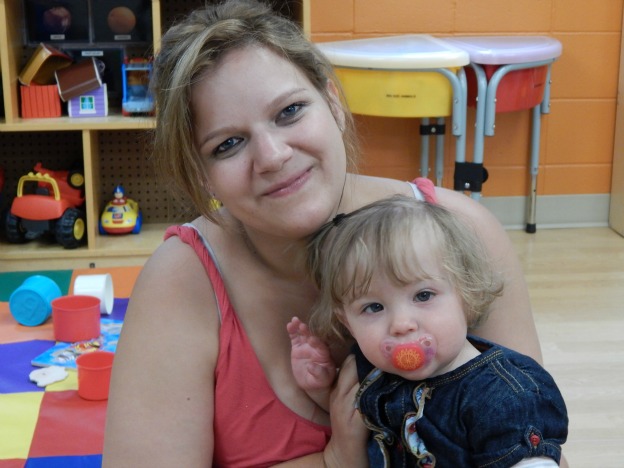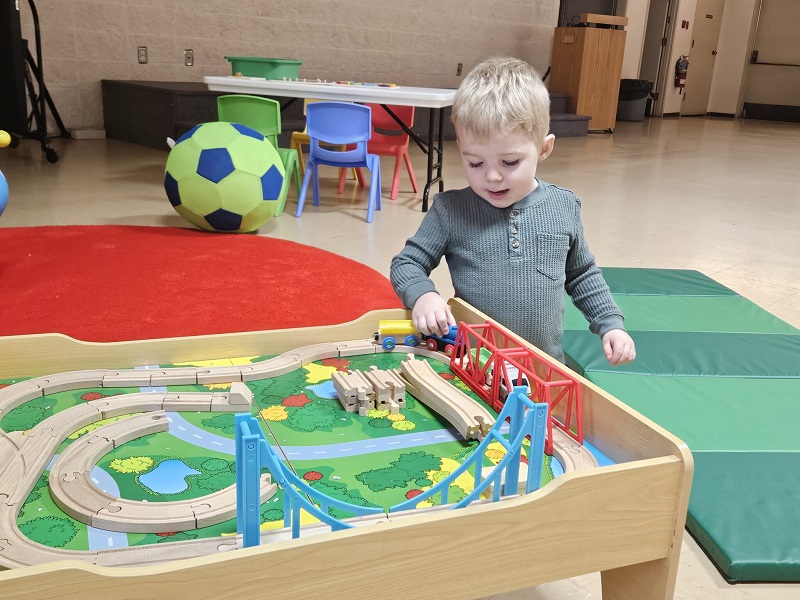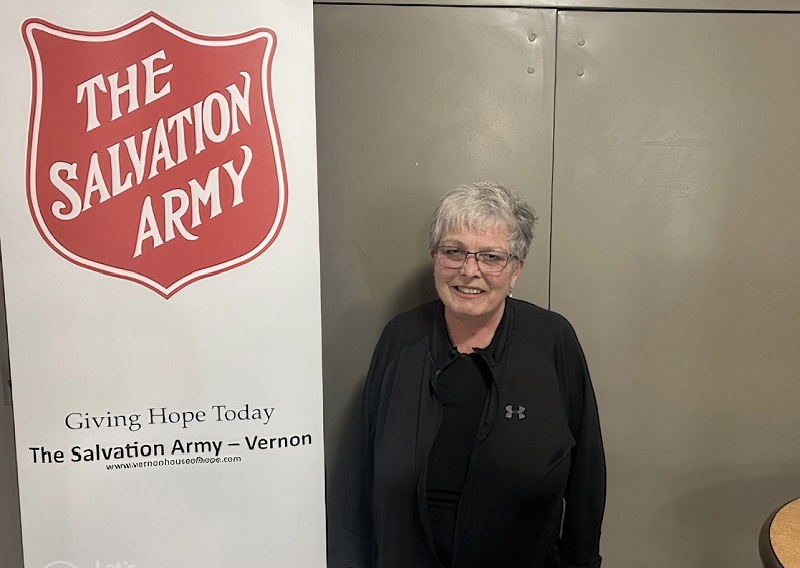Pilot Program Helps Lift Families with Children Out of Poverty

Amidst incredible wealth, poverty in Canada remains prevalent. More than three million Canadian families are living in unaffordable and unsuitable housing conditions, and one in 10 children is considered poor.
Since its founding in 1865, The Salvation Army has served as a bridge between families and communities, providing care, hope and belonging. As statistics reveal an increasing number of families struggling to make ends meet, The Salvation Army is embracing a pilot project, Pathway of Hope, which will work with vulnerable families to focus on possibilities rather than problems. The goal is to help people truly break the cycle of poverty and achieve stability.
“Salvation Army community and family services have always strived to do more than give out food,” says Claire Dunmore, social services consultant. “When people come to The Salvation Army for help, more often than not the issues are deeper. Pathway of Hope will help The Salvation Army shift from ‘serving’ clients to a longer-term holistic approach with interventions that help families to develop plans that include personal aspirations and practical solutions. For example, if a child is having difficulty reading and is falling behind in school, we can provide literacy help.”
The program targets families with children. By positively influencing parents, The Salvation Army can create better lives for children. And influencing children in their development years is crucial. The longer a child is in poverty, the greater the chance he or she will remain in poverty as an adult. Over time, helping families achieve stability could reduce the dependence of future generations on Salvation Army services.
The 12-month pilot project commenced in January 2016 with six Salvation Army family and community service centres in the Greater Toronto Area. The goal is to have 20 families graduate by the end of the year.
“We want people to realize their hopes and dreams,” says Lt-Colonel Deborah Graves, Territorial Integrated Mission Secretary. “The success that we are striving toward is that vulnerable families will find hope for their future and be a transforming influence in their community.”




